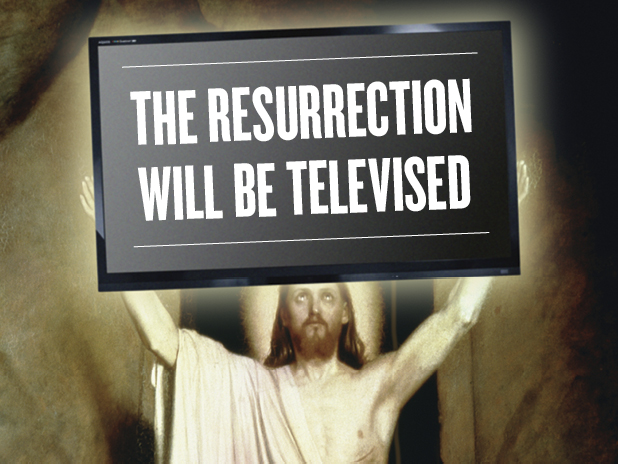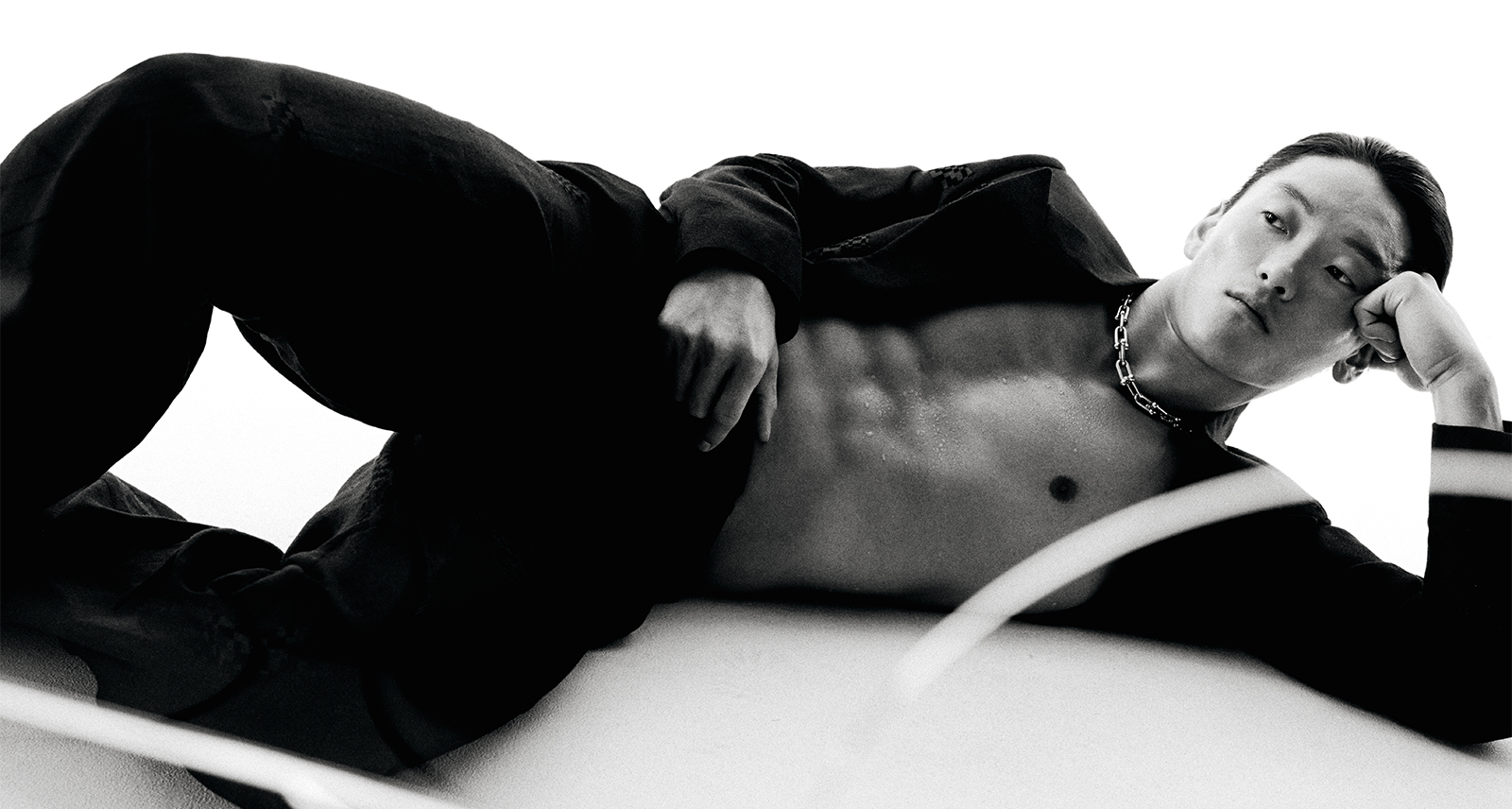Does the Rise of Reboots Signal the End of TV’s Golden Age?
Coach Hayden Fox is coming out of retirement. Mulder and Scully are once again searching for The Truth. The Tanners are back for more synth-backed family bonding. Everywhere you look, everything old is new again. Or at least it is on television in 2015, where long-dead shows are being resuscitated en masse. This fall alone, we’re seeing revamps of Coach, Heroes and The Muppets, as well as big-to-small screen adaptations of Rush Hour, Minority Report and Uncle Buck. And there’s much more on the way, from Netflix’s Fuller House to Fox’s The X-Files miniseries. It’s all well and good, if memory lane is your trip. But this is supposed to be the creatively fertile Golden Age of TV, what’s with all the re-hashed ideas?
We expect this sort of pop cultural grave robbery from the film industry. Hollywood has no shame pouring billions of dollars into Big Nostalgia, knowing full well they’re guaranteed every cent back ten times over. (Jurassic World was made for $150 million and became the first-ever film to gross over $500 million in one weekend.) But we trust TV today to act as the tasteful counterbalance to schlocky cinema. We’re told again and again, from actors to directors, that TV is where it’s at, thanks to the last decade-plus of dark, cable antiheroes (from Tony Soprano to Walter White) and novel-like serialization, we’ve come to count on the tube (and yes, the laptop) for compelling, original storytelling. More True Detective, less Kindergarten Cop: The Series (which, by the way, is actually happening.)
Ironically, the TV landscape’s abundance of quality content may be the reason network suits have begun chasing ghosts. Over 400 original shows are being produced for cable, broadcast or streaming networks this year—a 50 per cent increase since 2007, and a 1,000 per cent explosion since 1999. There’s too much TV and too few eyeballs. That means low ratings and lower ad revenues are the new norm. Nowadays, says media analysis firm REDEF, most shows aren’t picked up for a second season, and have ghastly debuts—Lifetime’s much-hyped UnReal premiered to a paltry 815,000 viewers in the U.S. earlier this year, despite near unanimous critical love. Surely, there are exceptions, like Fox’s Empire, which opened stateside to a rare 9.8 million, or Gotham, which had last year’s strongest Canadian debut with 3.4 million. But compare that to, say, 1997, when 41 million Americans would tune in just for an episode—any episode—of Home Improvement.
In this age, even the faintest whiff of a pop culture revival is enough to send media outlets—social and yellow alike—into a slavering mania.
It’s been a while since that many folks chortled along to the same laugh track. In our fragmented cultureverse, where there are a million specialty channels and never-ending streaming playlists to choose from, water cooler banter is hard to come by. Make a Seinfeld reference though, and people will almost always see what you did there. Nineties tropes carry enormous cultural currency in this divided age; they give a generation of withdrawn Millennials something recall fondly and rally around. They carry huge financial currency, too—18-to-34-year-olds now make up the majority of the Canadian workforce (36.8 per cent), meaning they’re the new demographic advertisers are eager to target. Kermit’s creepy felt smile is a totem that connects this generation to an imagined greater whole—and makes them twice as likely to reach for their wallets.
So, TV execs, like film and music and junk food execs, are trying to find pay dirt by marketing directly to our shrinking shared memories. In this age, even the faintest whiff of a pop culture revival is enough to send media outlets—social and yellow alike—into a slavering mania. Coach was the top trending hashtag on Twitter moments after NBC announced the 13 new episodes; Full House has been inspiring BuzzFeed quizzes (“Which Tanner sister are you?”) since Netflix confirmed the reboot. None of this guarantees ratings, but if a pre-existing property can blow the wheels off the Internet, standing out in a sea of shows trawling for attention, it has a big head start. That’s why TV’s under the déjà voodoo spell.
But don’t mourn the small screen just yet. If there’s one thing the history of bad programming has taught us, it’s that remakes have horrible luck on TV. In recent years, viewers have yawned at new incarnations of Charlie’s Angels, Knight Rider, Melrose Place and The Bionic Woman. Sure, a show might pique curiosity on premiere night, create some buzz on Facebook, but unlike a movie, it requires its audience to come back for 22 consecutive episodes. Chances are the cultural behemoths of yesteryear, once seen through nostalgia-free lenses, won’t evoke the same warm, fuzzy feelings you allowed yourself to think they did. And that’s okay. They entertained us when they were relevant, giving us cultural in-jokes, and then they ended, like everything must. You will enjoy new shows. It’s just a matter of knowing when it’s time—in the words of Uncle Joey—to cut it out.
They Have Risen!
A primer on the deluge of TV rehashes coming your way
Craig T. Nelson reprises his role as Coach Hayden Fox, getting back in the game to assist his son, who is, coincidentally, a college football coach. As of right now, Coach is still looking for a place since being dropped by NBC.
Twenty years after Full House, Kimmy Gibler and Stephanie Tanner move in with a recently widowed D.J. Tanner to help raise her fatherless kids. This family can’t catch any breaks.
David Lynch returns to direct this continuation of the early ’90s cult detective drama about owls that are not what they seem.
David Duchovny and Gillian Anderson reprise their roles as Mulder and Scully—TV’s most chaste couple—in a six-episode reboot full of little green men.
A reboot of the 1989 John Candy film about a lovably wayward uncle, but with an all-black cast led by Mike Epps. Subversive!
A revival of the superhero drama from the mid-aughts, back when shows about superheroes were new and exciting. Now? Not so much.
















